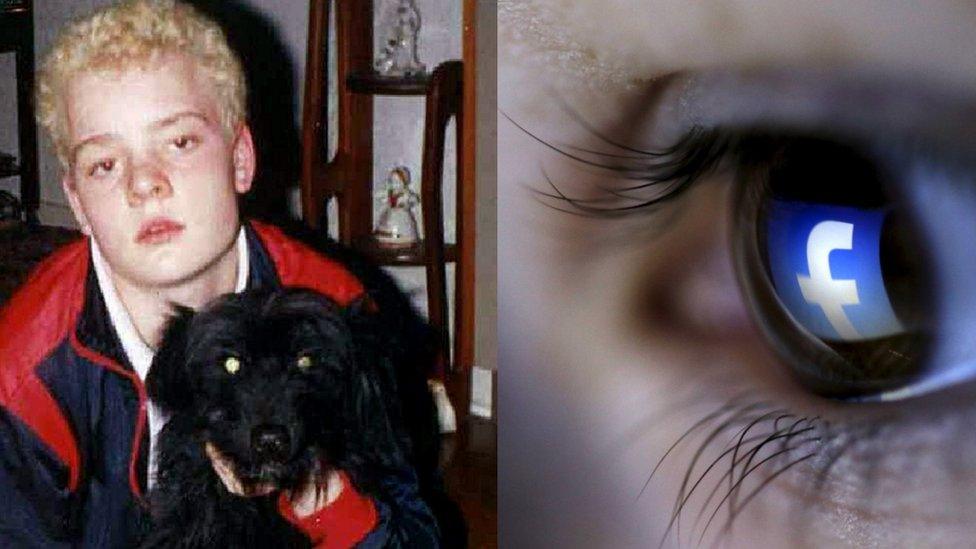Angela Wrightson: Teenage torture killers keep anonymity
- Published
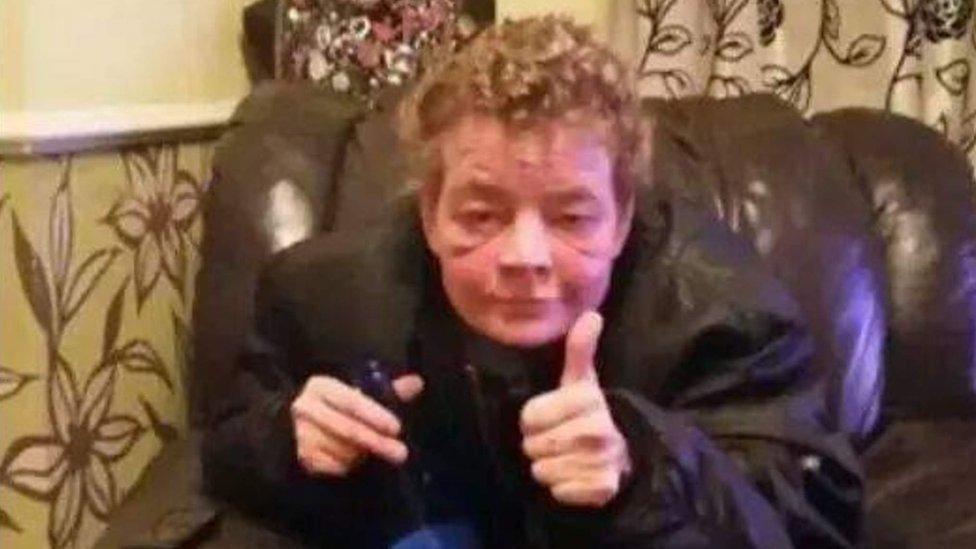
Angela Wrightson was subjected to a seven-hour attack in her home
Two teenagers who tortured and murdered a vulnerable woman in her own home have been granted lifelong anonymity.
The girls were 13 and 14 when they subjected Angela Wrightson, 39, to a vicious attack in Hartlepool.
Both were jailed for a minimum of 15 years in April 2016.
They were not named then because of their age and an interim injunction extended that anonymity after they turned 18. On Thursday, the High Court upheld the ban on naming the pair.
At a hearing in London last year, their barrister argued both teenagers suffer from "recognisable mental conditions" and were "extremely psychologically vulnerable", adding they would be at "a very significant risk" of being attacked if their identities were revealed.
In her ruling, Mrs Justice Tipples was unconvinced by arguments based on the threat of attack by others, but upheld the anonymity orders on mental health grounds and the risk of self-harm.
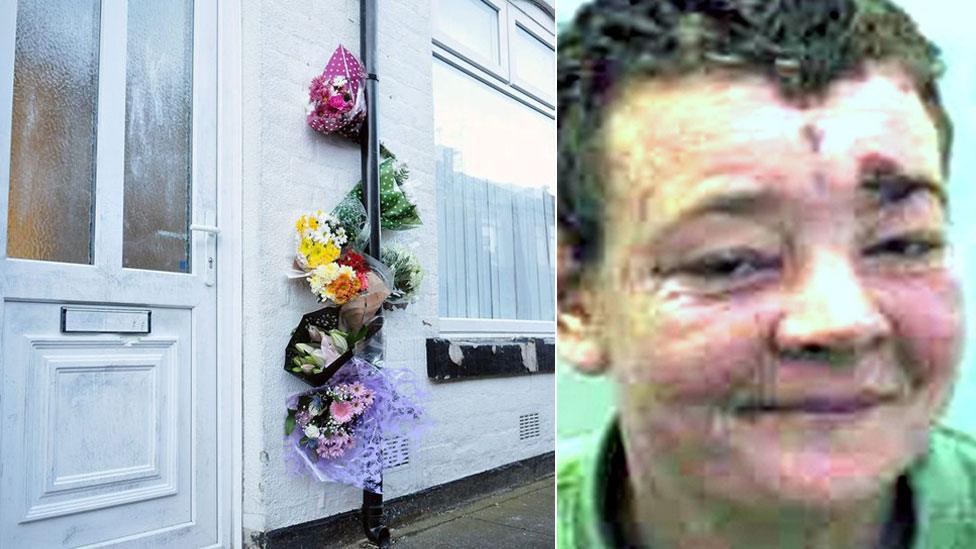
Miss Wrightson, pictured aged 34, had let her killers into her Hartlepool home
Miss Wrightson died after being subjected to an attack lasting seven hours.
She was hit with a shovel, a TV, a coffee table and a stick studded with screws after she let the pair into her Stephen Street home in December 2014.
The girls posted a photograph on Snapchat showing them smiling with Miss Wrightson pictured in the background shortly before her death.
In her judgement, in which the teenagers were referred to as D and F, Mrs Justice Tipples said the killing had "resulted in public outrage and revulsion, together with public concern about how these two young girls could commit such a brutal murder".
However, she went on to describe it as "an exceptional case in which the balance is tipped very firmly in favour" of protecting the pair's right to remain anonymous.
"The trial took place in public and was fully reported at the time it took place. All matters relating to this offence are in the public domain, except for the identities of D and F.
"I am clear on the evidence before me that revealing the claimants' identities is likely to cause each of them very serious harm.
"It is both necessary and proportionate to grant the injunctions sought so that both their identities are protected and not revealed."


Lifelong anonymity is so rare there are only nine convicted criminals who have this protection in England and Wales, plus a number of their descendants.
The individuals given this exceptional protection include the killers of James Bulger - the case that set the test for future orders - and, more recently, Britain's once-youngest teenager to be convicted of a terrorism plot.
Under the law, the state must take reasonable steps to protect everyone's right to life. In other words, the long-term personal safety of the offender outweighs the legal rights of the media and the public to identify them.
In the Wrightson case, there was another very important consideration. A member of court staff saved Child F from killing herself during the trial.
The compelling medical evidence for her anonymity application showed she would become suicidal again if she were named now she is an adult.
And so, under the law, it's that right to life - and perhaps a chance for rehabilitation - that means the two young women will never be named.

The court was told D's mental health had "deteriorated" as she approached being moved to an adult prison, while F had an "extensive history of mental health problems".
Mrs Justice Tipples concluded: "I will give judgment in favour of the claimants and grant permanent injunctions preventing them from being identified."
The ruling contains provision for a review "in the event there is a material change of circumstances".
Related topics
- Published22 October 2020
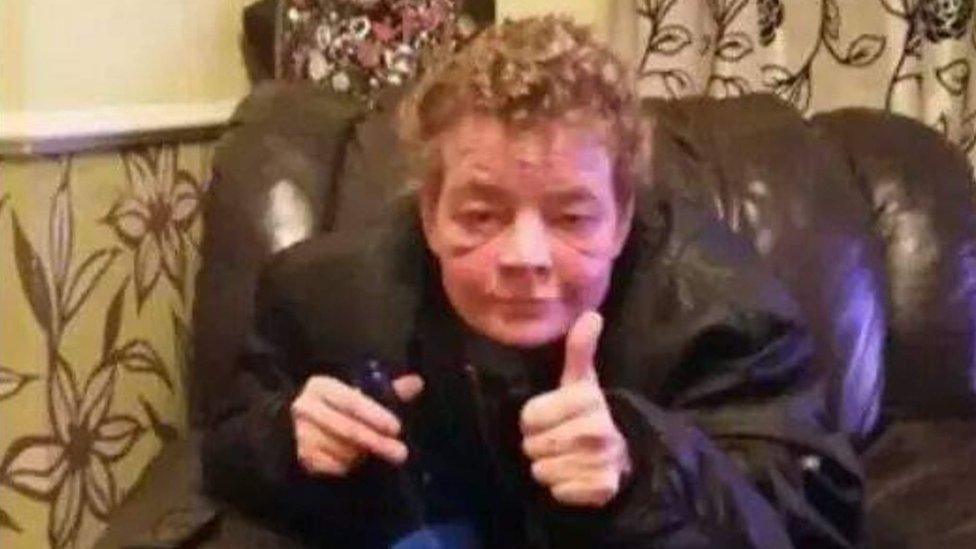
- Published13 June 2017
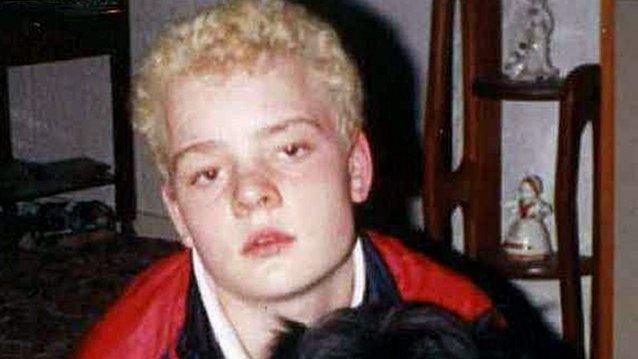
- Published5 April 2016
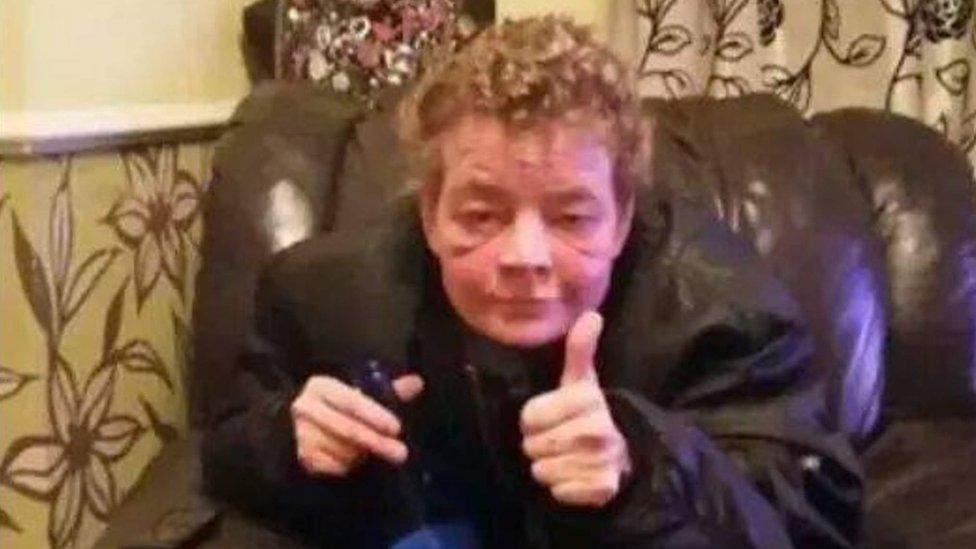
- Published7 April 2016
